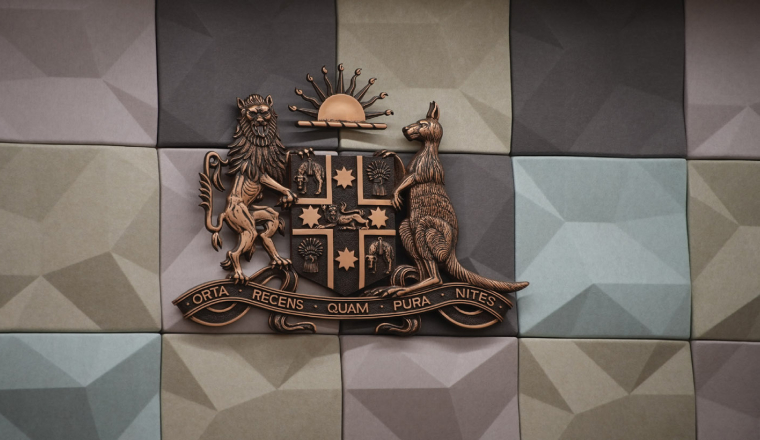Automatic language translation
Our website uses an automatic service to translate our content into different languages. These translations should be used as a guide only. See our Accessibility page for further information.
A Registered Victim is a victim of crime, or a family member representing them, who has been placed on a register by Victims Support staff at Corrective Services NSW.
Contact the CSNSW Victims Register to be registered as a victim of crime.
On request you can be provided an annual update of the offender's location in custody and security classification.
Victims of Serious Offenders can access modified documents about what an offender has done towards their rehabilitation while in custody.
These documents are available close to an offender’s eligible release date.
Victims can provide a written submission to the Parole Authority about an offender’s parole.
Victims of a serious offender can make either a written or verbal submission in a review hearing in open court.
If you are a victim your submission can:
Not unless you want them to.
When providing a submission, you can seek a Section 194 order which will keep the submission private and confidential. This means only Authority members will have access to this submission.
If you choose to attend court, you can also sit in a section of the public gallery that is not seen by the inmate who appears at the hearing via Audio Visual Link.
You are not compelled or under any obligation to provide a written or verbal submission.
If you do not want to attend the review hearing you will still be informed of the outcome and the parole decision via the Victims Register.
You can also request a copy of the written determination (if one is available) through the Victims Register.
You can request this but it's important to remember that an offender on parole remains supervised and monitored in the community.
If an inmate is released from prison at the end of their sentence then they walk out free and are not supervised by anyone and do not have to obey any conditions.
They get to rejoin society and authorities have no legal powers to monitor their behaviour in the community.
Most inmates are given a head sentence (maximum sentence) and a non-parole period (the minimum time that must be served in prison).
At some point an inmate’s sentence will come to an end.
Parole helps offenders reintegrate safely because Community Corrections officers are in contact with them making sure they are complying with the order.
Victims can ask the Parole Authority to impose additional conditions and exclusion zones for offenders preventing them from going to certain locations while on parole.
If an inmate is released at the end of their total maximum sentence then victims cannot request any conditions or exclusion zones.
Evidence consistently shows that supervising offenders in the community reduces the risk of reoffending and offers better protection for the community.

The Parole Authority holds open court hearings for parole reviews of serious offenders, ensuring transparency, victim involvement, and public access
The Parole Authority holds open court hearings for parole reviews of serious offenders, ensuring transparency, victim involvement, and public access
0:04
the parole authority is the only
0:06
jurisdiction in australia that holds
0:08
review hearings in open court which
0:10
means any member of the public can
0:12
attend including the media and victims
0:14
of crime these hearings are held when
0:17
the parole authority makes an intention
0:19
to grant or an intention to refuse
0:21
parole for a serious offender
0:23
a serious offender is an inmate serving
0:26
a sentence where the non-parole period
0:28
is 12 years or more or has been
0:30
convicted of the offence of murder
0:32
review hearings are also held for
0:34
inmates of special interest to the
0:36
commissioner of corrective services
0:38
and parolees returning to custody after
0:41
being arrested on a warrant for breach
0:43
of parole
0:44
review hearings are held in open court
0:47
with offenders appearing via audio
0:49
visual link from correctional centers
0:51
and their legal representatives
0:53
appearing before the parole authority
0:55
community corrections officers can be
0:57
called upon to give evidence and
0:59
submissions can be made on behalf of the
1:01
commissioner of corrective services
1:03
by way of the crown solicitor's office
1:05
or on behalf of the state of new south
1:07
wales
1:08
victims of crime are able to make
1:10
written submissions to the parole
1:12
authority
1:13
in the case of a serious offender victim
1:15
of crime they are not only able to make
1:17
written submissions but can also appear
1:20
before the parole authority at a review
1:22
hearing to provide an oral submission
1:25
about the possible release of that
1:27
offender
1:28
review hearings ensure transparency of
1:31
the authority's decision-making process
1:33
regarding the release of an offender to
1:35
parole
1:36
[Music]
1:45
you
Last updated: